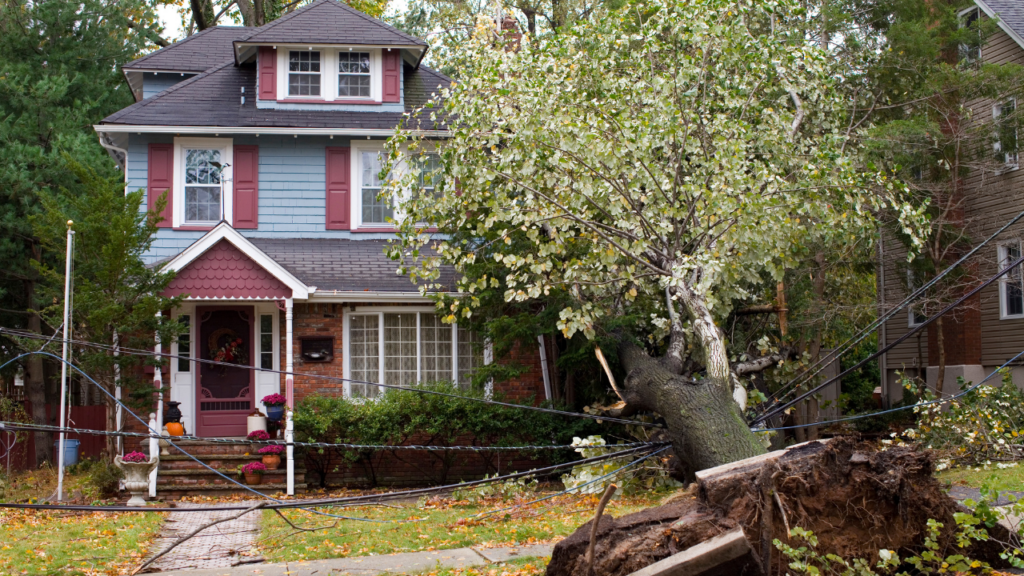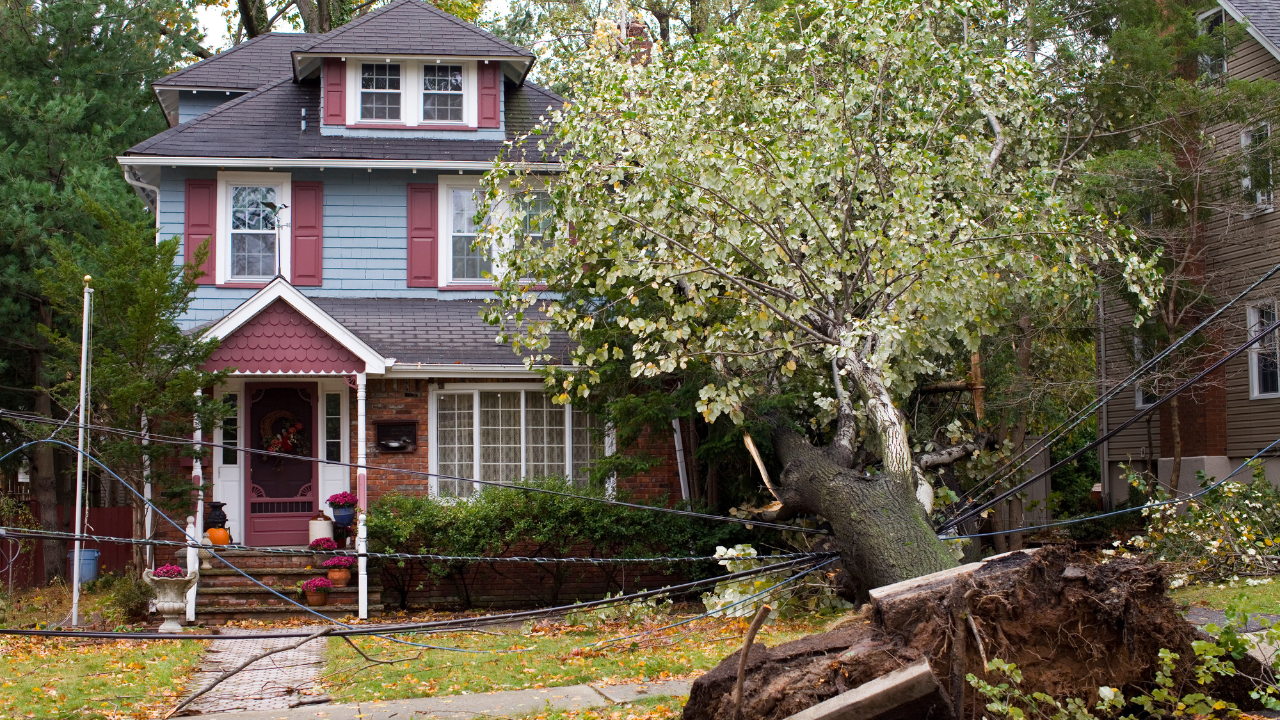
Having a squatter on your vacant property can be a nuisance, especially if you plan to keep that property in good shape for later. Virginia, one of the original colonies, has been home to Americans for hundreds of years.
If it’s your home, too, you’ll want to protect your property interests there. In particular, if you have neighbors whose land borders yours and who start to cross the property line and use portions of your land, those neighbors might gain legal title under a legal doctrine known as “adverse possession.” While it’s less likely to occur in a crowded city, realize that a trespasser can squat on your land and eventually claim legal ownership.
Understanding the Concept of Adverse Possession
Adverse possession is a legal concept allowing an individual to claim ownership of another person’s property based on their continuous and exclusive possession of the property for a specified period. It is a doctrine rooted in common law principles, and its purpose is to promote the productive use and stability of land ownership.
The idea behind adverse possession west virginia is that if someone occupies and uses a piece of land openly, notoriously, and without the owner’s permission for an extended period, it would be unfair to allow the original owner to suddenly assert their rights and disrupt the possessor’s established use and expectations.
Adverse possession provides a legal mechanism to resolve such situations by granting ownership to the adverse possessor under certain circumstances.
Requirements for Adverse Possession in Virginia
To successfully claim adverse possession in Virginia, a squatter must meet several requirements outlined in the state’s virginia adverse possession laws. The essential requirements are:
Occupying the property for 15+ years: The squatter must maintain actual, exclusive, continuous possession of the property for at least 15 years. Temporary absence from the land will not disrupt the possession, but the squatter must occupy the land for most of the 15 years.
Actual possession: The squatter must physically occupy and use the land as if it were theirs. Merely walking across or camping occasionally on the land does not constitute actual possession.
Hostile possession: The possession must be hostile, meaning it is done without the owner’s permission. The squatter must occupy the land openly and adversely to the true owner’s rights.
Exclusive possession: The squatter’s possession cannot be shared with strangers, the owner, or others. Only the adverse possessor is claiming ownership rights.
Visible possession: It must be obvious that the squatter is occupying and using the land exclusively. They cannot hide their occupancy but must make it known.
Continuous possession: The squatter’s occupancy can only be interrupted for a short time. They must reside on the property regularly without extended absences. Periodic, sporadic uses of the land will not qualify.
Steps for Gaining Ownership Through Adverse Possession

To successfully gain ownership of a property through adverse possession in Virginia, the squatter must meet several requirements over the statutory period of 15 years:
Physically Occupying the Property
The squatter must maintain actual, continuous, hostile, exclusive, visible, and notorious possession of the property for the entire 15-year period. This means physically living on or actively using the land as if they were the true owner.
Merely visiting or storing belongings on the property does not qualify. The occupation must be obvious to indicate the squatter’s claim of ownership.
Openly Claiming Ownership
The squatter must openly communicate that they believe they have a right to possess the land. This claim of ownership must be obvious to the legal owner and the public.
Putting up no trespassing signs, making improvements, paying taxes, and other actions can demonstrate an open claim. The squatter’s occupation cannot be hidden or sporadic.
Paying Property Taxes
Paying property taxes on the land for the whole 15-year statutory period can help validate the squatter’s continuous possession and claim of ownership.
While tax payment strengthens an adverse possession success stories claim, it is not an absolute requirement in Virginia.
Maintaining/Improving the Property
The squatter should maintain the land and make improvements like buildings, fencing, gardens, trails, drainage systems, etc.
This demonstrates long-term, active occupation and investment into the property. Improvements and maintenance help prove the squatter acted as the true owner.
Removing Squatters From Your Property
If you find squatters occupying your property in Virginia, you have legal recourse to remove them. Here are the steps:
Serve Them an Eviction Notice
The first step is to demand they leave the premises formally. Give them written notice that they are trespassing and must vacate the property within 30 days. Send this notice by certified mail so you have proof it was delivered.
File a Lawsuit to Evict
If the squatters do not leave after receiving notice to vacate, you can take legal action by filing a lawsuit to evict them in your local county court. You must provide evidence, such as photos showing their unauthorized occupation.
Obtain a Court Order
The court will schedule a hearing and issue an order directing the squatters to vacate by a specific date. If they do not comply, the sheriff can physically remove them and their belongings from the property.
Use Reasonable Force
Virginia law allows reasonable force to remove unwanted persons from private property. While violence should always be avoided, police can physically eject defiant squatters if the court has issued an eviction order.
How long does it take for someone to make an adverse possession claim?
When someone begins using or accessing property that doesn’t belong to them, that is called adverse possession. Often, individuals will start using land without the owner’s consent.
Under Virginia law, after 15 years, that person may have grounds to claim the property as their own. The courts will have to review any claims related to adverse possession carefully.
It is your obligation as the property owner to serve the individual with notice to cease if they utilize or encroach on the property you own. Failing to stand up for your rights as a property owner won’t make you a forgiving neighbor.
It could make you into someone who winds up losing some of their land to an unscrupulous neighbor. Knowing and enforcing your boundaries is your best option as a landowner in Virginia.
Adverse Possession Case Studies

- In a 2017 case, a man in Hampton, VA, was granted ownership of a property he had occupied without permission for over 20 years. The original owner had abandoned the home in the 1990s, and the squatter had taken care of the property, paid utilities, and made repairs, believing he was the rightful owner. After a lengthy legal process, the court ultimately recognized his adverse possession claim and awarded him title to the property.
- In Richmond, a homeowner initiated a legal dispute with their neighbor over a strip of land between their properties. The neighbor had occupied the land for over ten years, marking it as their own, installing a shed, and maintaining the area. The court determined that these actions satisfied the requirements for adverse possession, as the occupation was open, continuous, and had exceeded the statutory period.
- A contentious case arose in Arlington during the 2000s involving two neighbors who disputed ownership of a shared driveway. Both parties believed they had inherited ownership rights from previous owners. After examining old maps and surveys, it was discovered that one neighbor’s predecessor had adversely possessed the land before selling it. The court upheld this claim, granting the owner rights to the driveway.
- In Roanoke, squatters began occupying a long-abandoned warehouse in the downtown area during the 1990s. The original owner did not remove the squatters or reclaim the property for over 20 years. In 2016, the squatters filed a lawsuit seeking ownership through adverse possession. The court agreed that their occupation had been open, continuous, and uninterrupted for the required period, leading to a favorable ruling.
- In Virginia Beach, a landlord utilized adverse possession to gain ownership of a tenant’s condo in the 2010s. The condo owner had not paid rent or property taxes for over 15 years. The landlord stepped in, paid the delinquent taxes, and maintained exclusive occupancy of the unit. The court determined that the landlord’s actions demonstrated continuous and uninterrupted possession for the statutory period, resulting in a successful adverse possession claim.
Conclusion
In conclusion, adverse possession in Virginia is a legal doctrine that allows individuals to claim ownership of another person’s property based on their continuous, exclusive, and hostile possession for a specified time. While the requirements for adverse possession in Virginia are stringent, there have been notable cases where squatters have successfully asserted their ownership rights.
Property owners in Virginia should be aware of the potential risks associated with adverse possession and take proactive measures to protect their property interests. Regular monitoring, clear communication with neighbors, and timely responses to trespassers can help prevent adverse possession claims from arising.
Consulting with a qualified attorney specializing in real estate law in Virginia is crucial for navigating adverse possession issues effectively and ensuring the protection of property rights following the evolving legal landscape.

